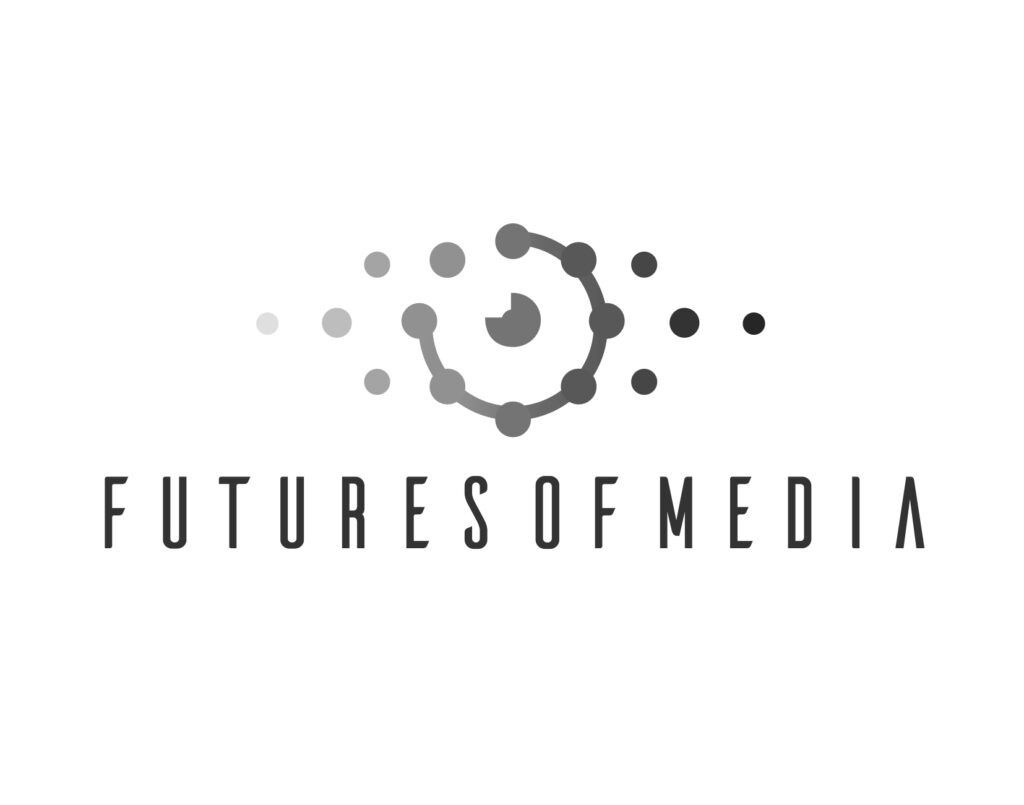Conference: 4th Futures of Media – “Media Power”, 20-21 January 2022

Futures of Media – Media Power 21-22 January 2022
Journalism Program – Xiamen University Malaysia
The conference will be held on Zoom
The relationship between politics and the media has always been one of the central themes of media theory. From the beginnings, media scholars exerted much energy to illuminate the particular political dimensions of their subject.
The new media have made the relationship even more complex than it already was. They have not only radically altered ways in which government institutions operate and political leaders communicate; they have also created novel possibilities for both protest and participation, which are in turn contrasted by new comprehensive control possibilities. The open network society is at the same moment a surveillance society, illustrating Luhmann’s truism that everything is getting better and worse at the same time. Adaptive algorithms offer entirely new possibilities not only for the enginering of consumer behavior, but also for the “engineering of consent” (Bernays). In authoritarian systems, where voting is not a part of the political system, these “weapons of math destruction” (Cathy O’Neil) offer yet another possibility of absorbing political uncertainty; tendencies that have been amplified by the current pandemic, justifying digital movement control as well as limiting freedom of speech in the name of tackling the spread of fake news.
The 4th Futures of Media Conference aims to shed light on the complex and ever-present relationship between media and power, information and politics, by taking the newest developments into account.

Tenative Program
January 21st
09:30-10:00 Welcome: Markus Heidingsfelder (United International College, Co- Director FoM)
10:00-11:00 Invited: Kirsten Han
Journalism as a Tool for Change
11:00-12:00 Contributed: Shannon Lodoen (University of Waterloo)
Tools of Tech: Smartphones, Social Media, and Instrumental Rationality
12:00-12:30 Break
Session chair: Dr Sushma
12:30-13:30 Invited: Yang Lai Fong (Xiamen University Malaysia)
Reporting Mental Disorders: A Comparative Framing Analysis of Malaysian Newspapers
13:30-14:30 Contributed: Lihua Chen (United International College)
What’s so “bad”?: The dual nature of Chinese anti-fans’ discourse in the age of high traffic data
14:30-15:30 Contributed: Athina Karatzogianni (University of Leicester), Christian Morgner (University of Sheffield)
COVID19 Disinformation and Response in India, Malaysia, Philippines and Thailand: A Comparative Social Network Analysis Study on Twitter
15:30-16:00 Break
Session chair: Dr Briel
16:00-17:30 Contributed: Olayinka Oyegbile (International Consortium of Investigative Journalists)
The Dangers of Hate Speech – Media Complicity in Nigeria
17:30-18:30 Keynote: Kai Hafez (University of Erfurt)
A New “Structural Transformation of the Public Sphere“?
Ten (or so) Theses against the Widespread Assumption of an All-Powerful Internet
Session chair: Dr Heidingsfelder

January 22nd
9:30-10:00 Invited: Matthias C. Kettemann (University of Innsbruck)
The Power of Rules and the Rules of Power in Changing (Social) Media Ecosystems
10:00-10:30 Contributed: Zhang Ningyi (Xiamen University Malaysia)
“Jiaoqi” and “Jiaoqi’s Literature”: A Case Study of a Douban Break-Up Persuasion Group in the Feminism Landscape of Post-2000 China
10:30-11:00 Invited: Holger Briel (United International College, Do-Director FoM)
Screen Time – Vision’s Ontological Strictures
11:00-11:30 Contributed: Xialong Zhang (Xi’an Jiatong Liverpool University)
The Media Power Package: Tobacco Packaging Design in China
11:30-12:30 Invited: Subekti W. Priyadharma (Padjadjaran University)
Peripheral Perspective on the Centrality of the Indonesian Media Landscape
12:30-13:00 Break
Session chair: Dr Briel
13:00-13:30 Contributed: Xu Wenzhe (Xiamen University Malaysia)
A Stage for Equal Rights or a Re-enactment of Oppression? A Study of Homosexuality Discussion on Chinese Social Media Zhihu from the Perspective of Co-Cultural Theory
13:30-14:00 Contributed: Manisha Arora (ILM University)
Digital Content Creators: A New Way to Reach Audiences
14:00-16:00 Break
Session chair: Dr Yang
16:00-17:00 Invited: Anne Grüne (University of Erfurt)
Communication Theory and Global Comparative Media Analysis: In Need of a Cultural Turn 2.0.?
17:00-18:00 Invited: Lars Clausen (Aarhus University)
Description and Deception. Compucentric Overload in the Next Society
Session chair: Dr Heidingsfelder